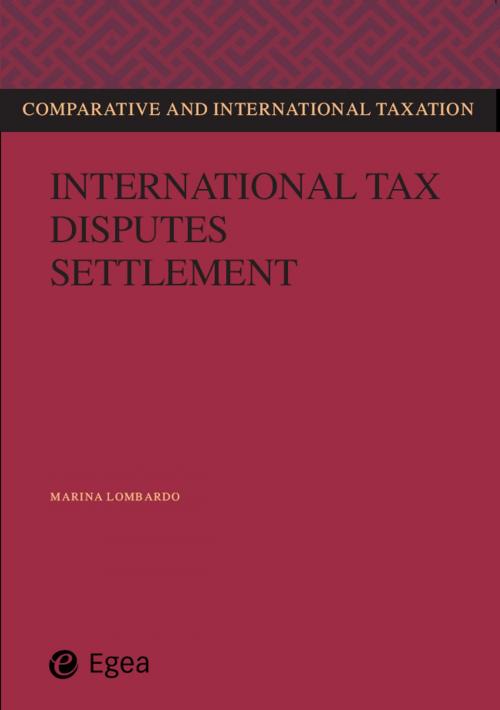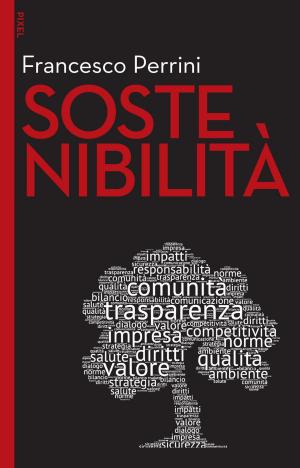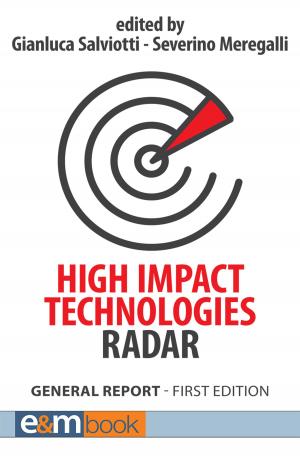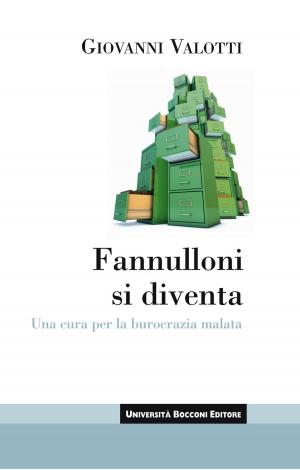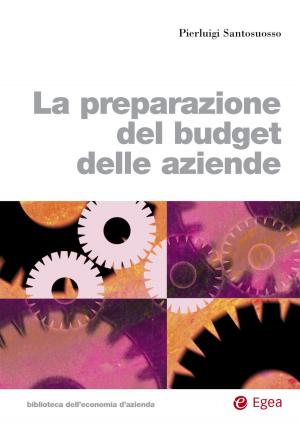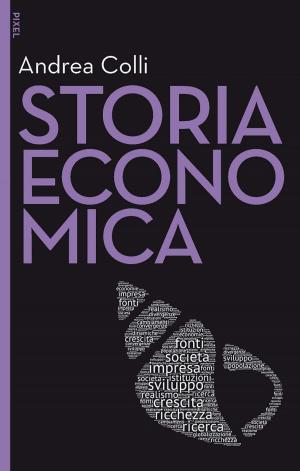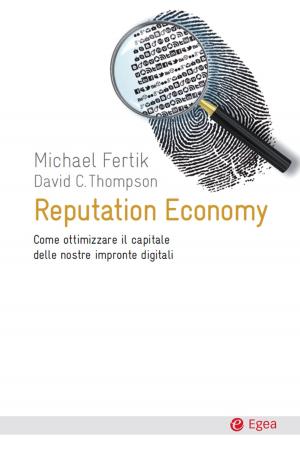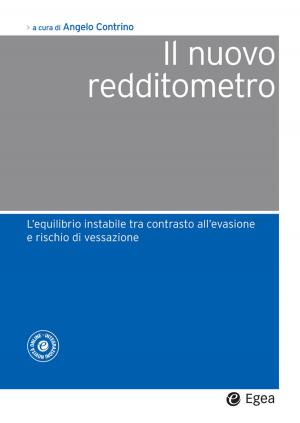International tax disputes settlement
Nonfiction, Reference & Language, Law, Taxation, Business & Finance, Accounting, Finance & Investing| Author: | Marina Lombardo | ISBN: | 9788823872653 |
| Publisher: | Egea | Publication: | January 5, 2012 |
| Imprint: | Egea | Language: | English |
| Author: | Marina Lombardo |
| ISBN: | 9788823872653 |
| Publisher: | Egea |
| Publication: | January 5, 2012 |
| Imprint: | Egea |
| Language: | English |
As global trade and investments increase, local governments have been more and more often involved in international disputes on tax matters which, if left unresolved, can result in unrelieved double taxation. This would eventually present an unwanted obstacle to the free flow of goods, capitals and services. The international law has developed several proceedings to deal with cross-border disputes, aiming at resolving them both before they start and after they arise. An effective and coordinated approach to international tax disputes implies, amongst other things, that the mechanisms developed by international law should be regarded as a valuable experience to implement similar techniques, properly adjusted, to resolve tax conflicts and ensure the avoidance of double taxation through an appropriate application and interpretation of tax conventions. In this sense, the present work presents findings on tax dispute resolution methods from an international and comparative perspective, emphasizing that a cooperative approach serves objectives that cannon be attained by a single actor.
As global trade and investments increase, local governments have been more and more often involved in international disputes on tax matters which, if left unresolved, can result in unrelieved double taxation. This would eventually present an unwanted obstacle to the free flow of goods, capitals and services. The international law has developed several proceedings to deal with cross-border disputes, aiming at resolving them both before they start and after they arise. An effective and coordinated approach to international tax disputes implies, amongst other things, that the mechanisms developed by international law should be regarded as a valuable experience to implement similar techniques, properly adjusted, to resolve tax conflicts and ensure the avoidance of double taxation through an appropriate application and interpretation of tax conventions. In this sense, the present work presents findings on tax dispute resolution methods from an international and comparative perspective, emphasizing that a cooperative approach serves objectives that cannon be attained by a single actor.
